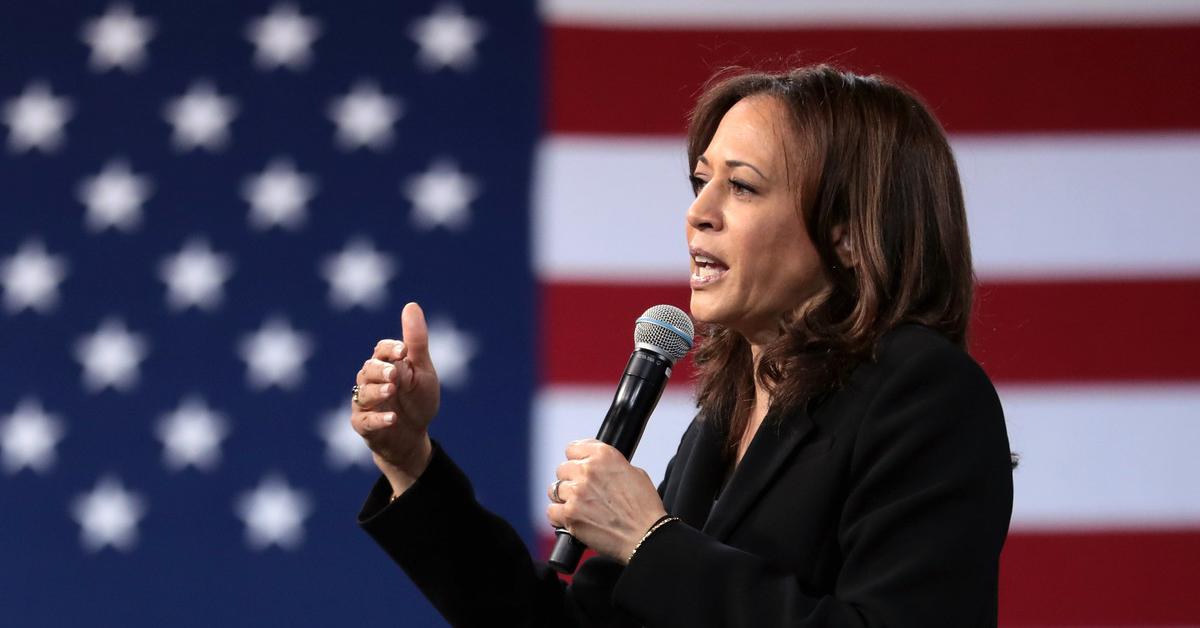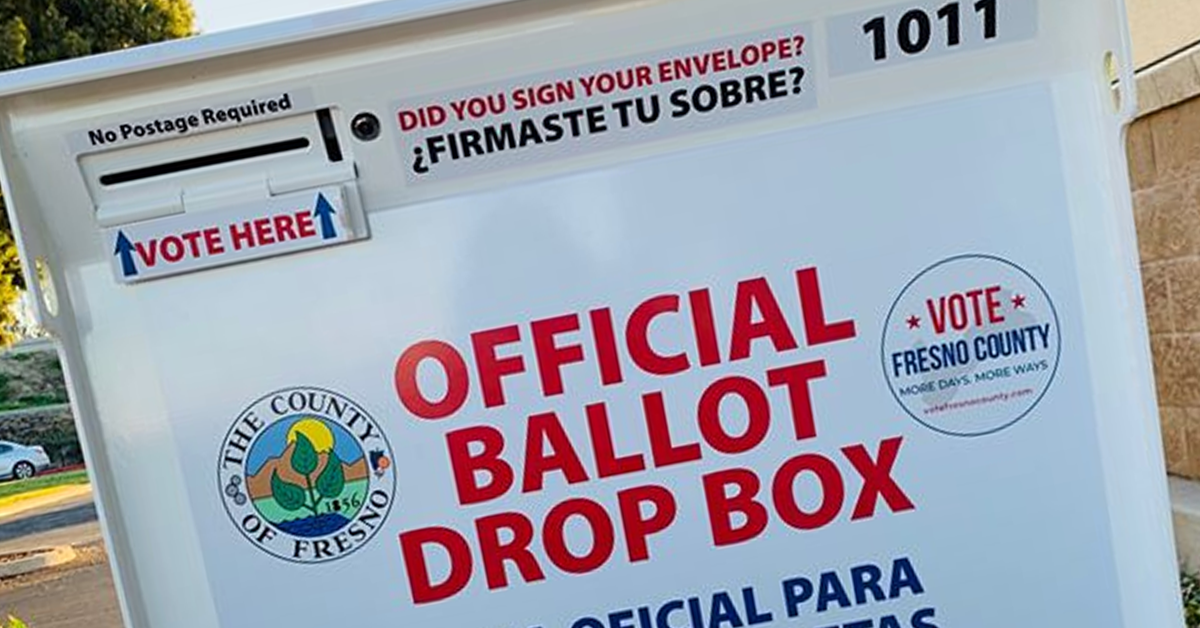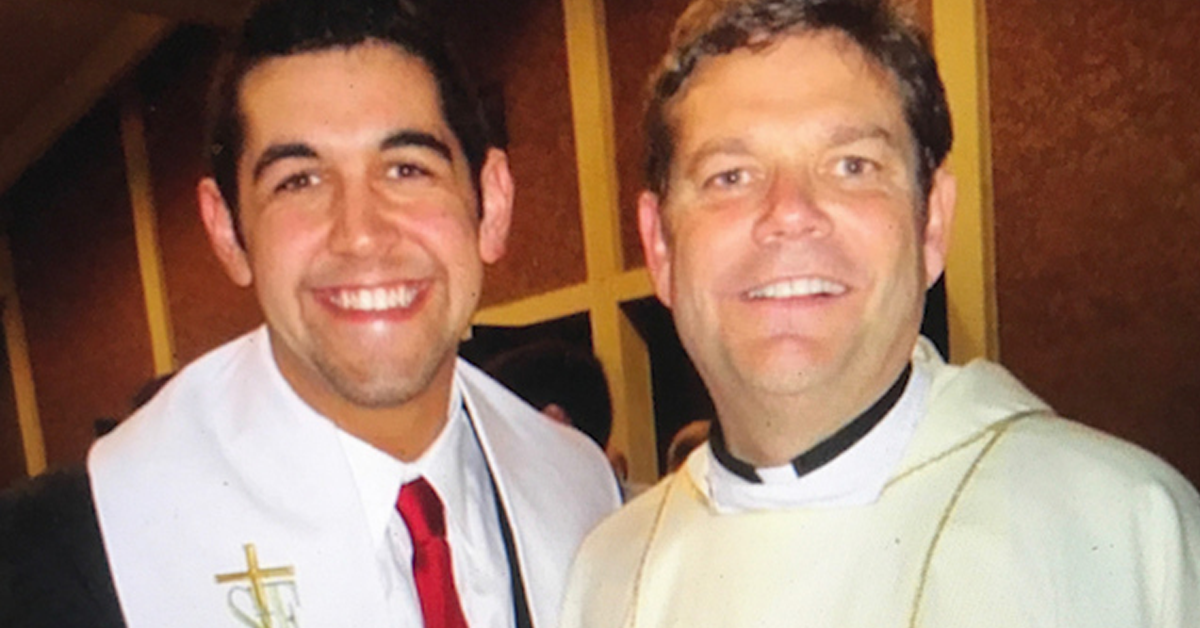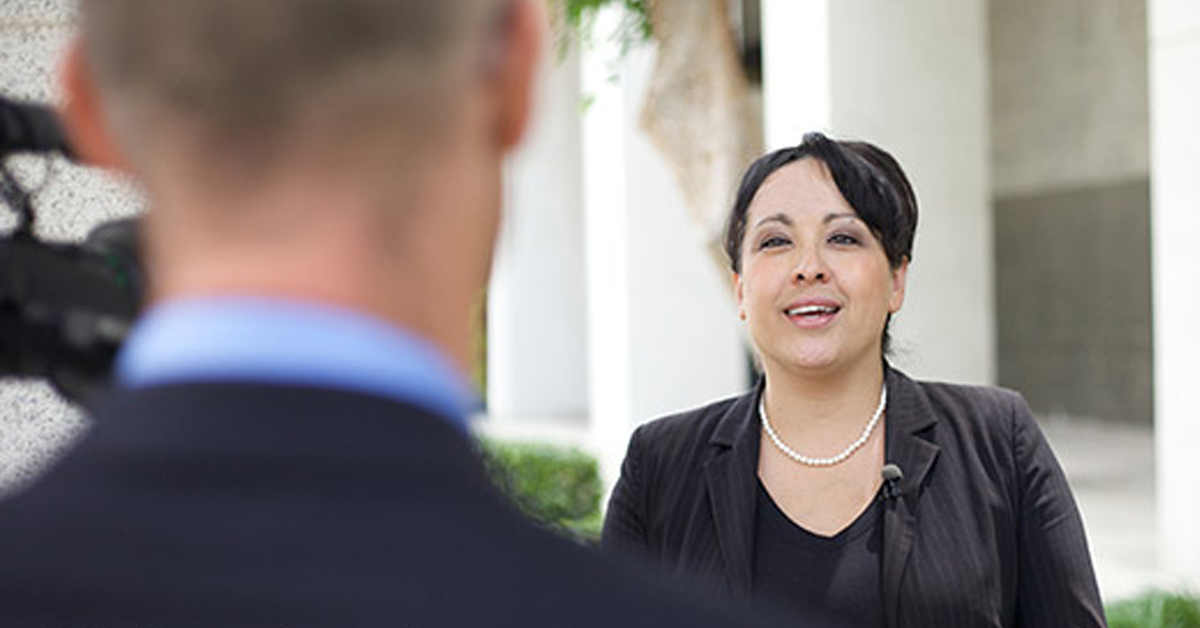Less than a week after former Bakersfield-based Roman Catholic Monsignor Craig Harrison settled a defamation suit with the Fresno Catholic Diocese over statements made in connection with an investigation into alleged sexual misconduct, a Fresno appeals court tossed out two others.
Friday, the Fifth District Court of Appeals ruled in two separate but connected defamation suits Harrison filed against monk Justin Gilligan and Catholic activist Stephen Brady ordering Kern County judges to dismiss the suits.
In 2019, Gilligan alleged that he was a victim of sexual advances from Harrison, and he said he witnessed the priest take advantage of children in a sexual manner. He shared his allegations with Bakersfield Police before going public on the information shared with law enforcement.
In response to those allegations, Harrison filed a defamation lawsuit against Gilligan, saying monk’s claims were false and have caused harm.
Brady – the president of Roman Catholic Faithful Inc., made allegations against Harrison involving sexual misconduct with minors at a press conference in 2019.
Both Gilligan and Brady filed anti-SLAPP motions to dismiss Harrison’s suits, alleging that the priest’s suits were improperly aiming to silence them.
In two separate rulings in 2019 and 2020, Kern County Superior Court judges denied the anti-SLAPP motions.
Shortly after those rulings, Attorneys for Gilligan and Brady appealed to the Fresno-based Fifth District Court of Appeal arguing the trial courts made an error in analyzing whether Harrison was engaging in a “strategic lawsuit against public participation.”
In Friday’s rulings, Fifth District Presiding Justice Brad Hill found that the statements made by Brady and Gilligan were protected under a doctrine known as the fair report privilege.
This legal principle allows individuals to share disseminate statements that were made in a judicial or public proceeding – regardless of the statements’ veracity – so long as the dissemination is accurate to what was said during the proceeding.
In the case of both Brady and Gilligan, Hill – with concurrences from Justices Herbert Levy and Bruce Smith – found that their statements were accurate recitations of information disseminated to law enforcement and Diocese investigators.
In the case of Gilligan, the application of the fair report privilege centered on his discussions with the Bakersfield Police Department relative to Harrison’s alleged misconduct.
“[O]ur analysis considers whether appellant’s press release accurately conveyed the substance of his interview with the Bakersfield police in a manner that would leave the average viewer, reader, or listener to the press release understanding appellant’s statement related to his role in the ongoing investigation,” Hill wrote in a Friday opinion.
“[Gilligan] makes clear reference to his role in an investigation by the Diocese and his desire to share his experiences in the context of a
broader investigation.”
As to Brady, Hill notes that the Catholic activist expounded greatly on the broader implications of allegations raised in past law enforcement investigations into Harrison as an indictment on the church itself, but that it did not veer into defamation.
“While it is true that Brady’s press conference contained a heavy amount of bluster and pontification, a full review of the event leaves this court with the clear understanding that Brady was railing against the Catholic Church, its hierarchy, and that group’s failure to act upon allegations that it had been informed of nearly 15 years earlier,” Hill wrote.
“The recent resurfacing of complaints against Harrison was certainly the catalyst for Brady’s decision to hold a press conference. However, when the complete press conference is considered, Brady’s publication of the prior accusations and underlying documents were essentially the foothold Brady needed for his broader theories about a Church coverup, alleged payoffs, and general corruption. Thus, throughout his press conference, Brady took pains to repeatedly point out the lack of investigation by himself or anyone else up to that point in time and the possibility that Harrison was being falsely accused or wrongly affected by the improper actions of those above him in the Church.”
In the twin Friday decisions, Hill ordered both cases back to Kern County Superior Court to grant the anti-SLAPP motions filed by Gilligan and Brady, aiming to dismiss the defamation suits by Harrison.
In a statement, Paul Jonna – attorney for both Gilligan and Brady – celebrated the long-sought legal victory.
“We are pleased with the two rulings issued by the Fifth District Court of Appeals finding that Craig Harrison’s separate lawsuits against our clients should both be dismissed under California’s Anti-SLAPP statute.
“California’s Anti-SLAPP statute was intended to dispose of frivolous and baseless lawsuits just like the ones Mr. Harrison filed against our clients. To disincentivize such baseless lawsuits, the Anti-SLAPP statute provides that a prevailing defendant’s attorneys’ fees must be paid by the losing plaintiff. We will now seek to recover from Mr. Harrison the substantial attorneys’ fees that our clients have incurred during this process.”











